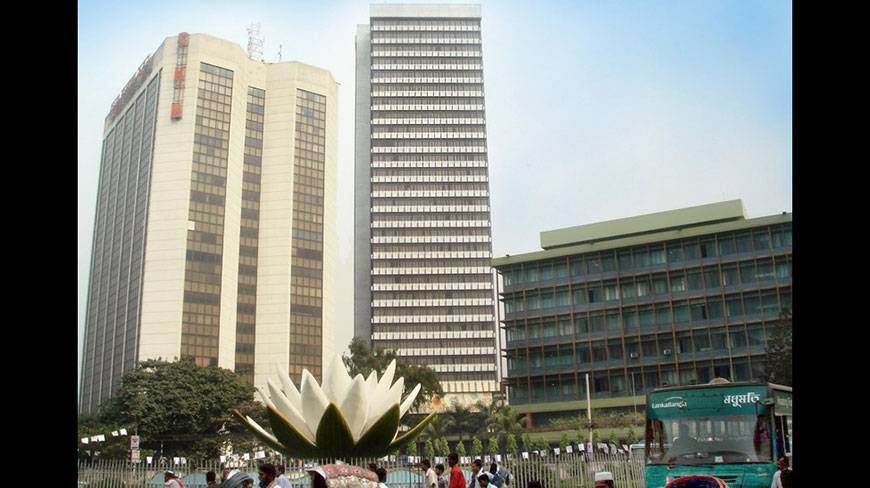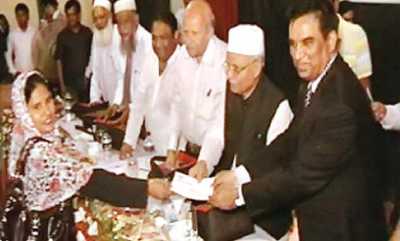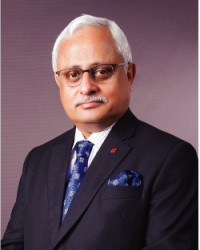
The condition yet to have positive impact on private investment, triggering concerns
The government’s borrowing from Bangladesh Bank has come down to zero at the end of March this year, reflecting strong and sound financial stability in the country.
However, officials said, the government is still worried over the lack of investment in the private sector, which might jeopardise the comfortable financial situation.
As the government has paid back the loan to the central bank, BB’s accounts of Over Draft Current (ODC) and Ways and Means Advance (WMA) came down to zero, said an official of the finance division yesterday.
He, however, feared the country’s economy might face a challenge in the near future unless the government enhances expenditure, increases the private sector credit and attracts more foreign direct investment.
The country‘s growth rate is hitting hard because of the sluggish private sector investment, the official further added.
The government normally borrows a significant amount of money from the central bank under its ODC and WMA programme to finance the budget deficit.
According to finance ministry sources, the matter was discussed at a recent fiscal coordination council meeting when the finance minister asked the ministries to vibrate private sector through ensuring more facilities and infrastructures for attracting more the private investment.
WMA and ODC accounts zero means there has been no inflationary pressure in the market because central bank prints necessary amount of money and the same situation had prevailed in 2010, according to the cash and debt management of finance division.
The government’s borrowing through ODC stood at Tk7,000 crore and WMA Tk2,500 crore at the end of January 2014 against TK7,205 crore in June 2013. At the end of March this year, ODC and WMA of Bangladesh Bank came down to zero level while the central bank’s ODC surplus is Tk3,500 crore, according to the central bank data.
Cash and debt management wing of the finance ministry now plans to give long-term dues especially big amount of bonds payment within short time, said a source in the finance ministry.
The cash and debt management wing has already put a cap on the government's borrowing from the BB through ODC limiting it to Tk4,000 crore. An ODC limit has been imposed from April 1.
The BB data showed that the credit growth in the private sector declined to 10.73% in February from 13.96% in the corresponding month of previous year.
The official said due to the fall in private sector credit growth, the banks were investing significant amount of fund in the government securities with a lower interest rate of 7% to 12.16%
Besides, the private sector credit growth remained stagnant at 11.1 % during the months of September, October and November in 2013 against the target of 15.5 %. As per the finance division data, bank borrowing stood at Tk8,730 crore at the end of December 2013, compared to Tk7, 213 crore in the same month a year before.
Finance ministry officials had tried to convince a visiting IMF review mission last week that the government would reduce the bank borrowing target to Tk24,000 crore from the Tk25,993 crore while finance division showed that the bank borrowing was Tk5000 crore at the end of March during the visit of IMF Extended Credit Facility mission, according to finance ministry official.
Disbursement of money for Annual Development Program is 47 % at the end of March in 2014, which was over 50% same period last year, according planning ministry data.
Professor Shamsul Alam, a member of general economic division of the planning ministry, said the government spending would not be increased unless the capacities of the ministries and divisions are enhanced for implementing the development projects.
He also said the government was trying to boost private sector investment by constructing more infrastructure across the country.
President of Bangladesh Exporter’s Association Abdus Salam Murshedy said the private sector would be definitely vibrant if the government can create the environment. He said the idle money of banking sector now stood at around Tk100,000 crore at the end of March.
News:Dhaka Tribune/23-Apr-2014







